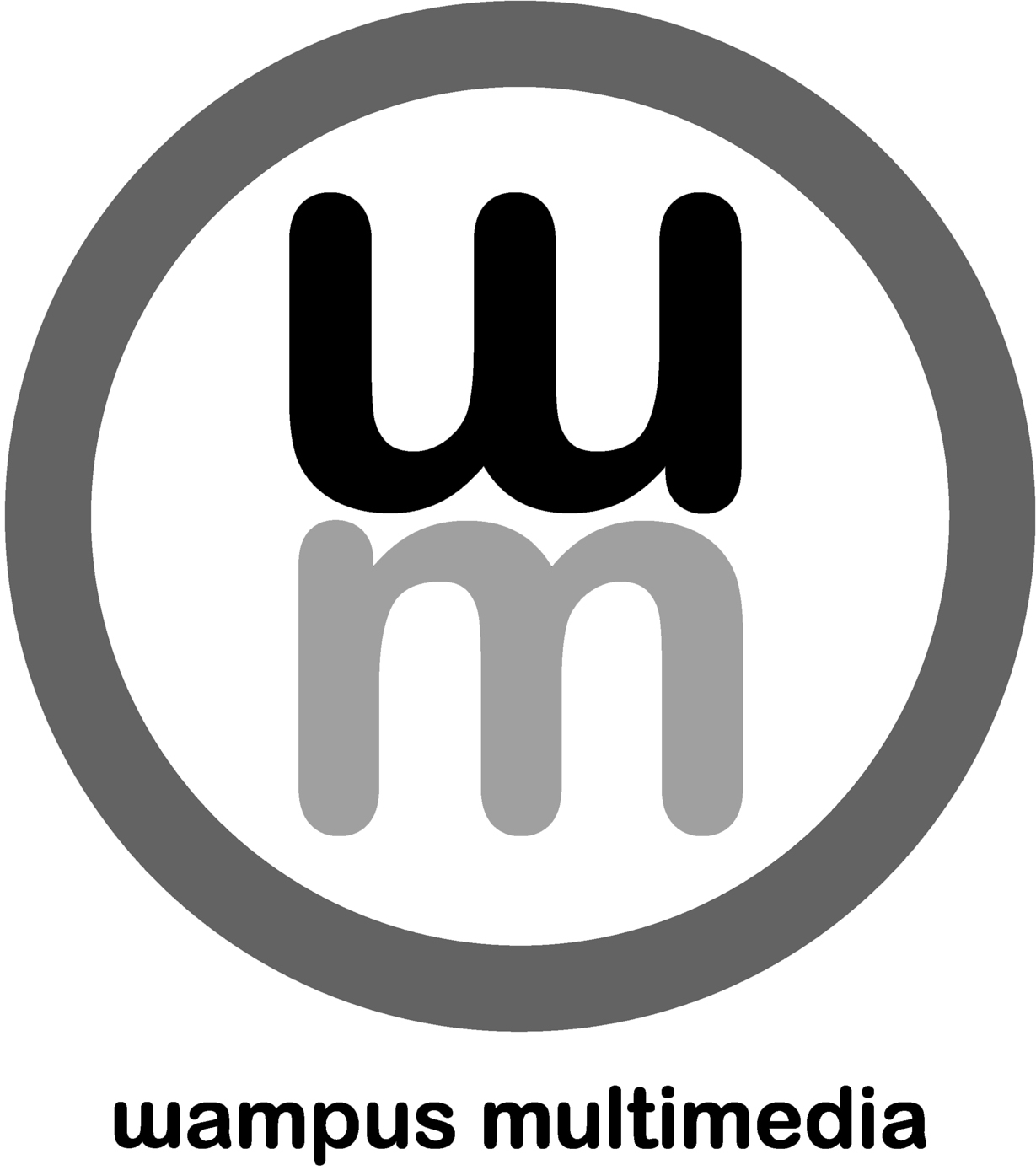Spotify: 3 Tips for Artists
 Depending on whom you ask, the music-streaming service Spotify is either the savviest music-sharing platform ever or the canniest artist-fleecing apparatus ever. Either way, it just might be the future of music distribution.
Depending on whom you ask, the music-streaming service Spotify is either the savviest music-sharing platform ever or the canniest artist-fleecing apparatus ever. Either way, it just might be the future of music distribution.
As an indie artist in a Spotify world, you have a choice. You can either mistrust Spotify or you can make it work for you. Here are a few clues to carry as you navigate the streaming jungle:
1. Spotify is not a revenue stream (yet).
Imagine your new single blows up on Spotify. How many plays equal success? 10,000? 100,000? 500,000? For enjoyment’s sake, let’s say your song is played a million times. Hundreds of thousands of people are listening to it. How much revenue do you see?
Spotify pays a royalty of $0.002 to 0.008 per song. A million plays generate about $5,000 in royalties (compared to $700,000 for a million iTunes downloads). If your song is played 10,000 times, you make about $50. If it’s played 1,000 times, you see about the same profit as you would from the sale of a single CD.
2. Spotify is free advertising.
If Spotify isn’t a revenue stream, what is it? Legalized piracy? Royalty-free radio? No, it’s free advertising. It’s free exposure for you.
Artists used to refuse to sell their music on Amazon because the store paid them “only 45%” of the retail price. How, they asked, could Amazon justify keeping that whopping 55% for themselves? Wasn’t it just a ripoff? No, it was cheap advertising. It was cheap exposure for the artist.
Spotify, like Amazon — and Facebook — is a powerful marketing platform. It features and disseminates your music. It provides a sleek search capability to help people find and listen to you. It gives you links to your own content that you can spread, willy-nilly, to everyone you know. And it doesn’t charge you. Instead it pays to expose you.
3. Spotify is a multinational mixtape party.
With its deep social-media integration through Facebook, Spotify is a lot like a traditional mixtape party. Only this party is enormous (and growing). Your Facebook friends can share playlists that include your tracks, making it easier than ever for your music to spread rapidly through your social circle and beyond. If that sounds like a legitimization (and legalization) of file sharing, it’s because that’s what it is. It’s what everyone has wanted all along.
Your music isn’t a product — it is a manifestation of your identity as a recording artist. Use it as a doorway, as a means for reaching the audience waiting for you.

Leave a Reply